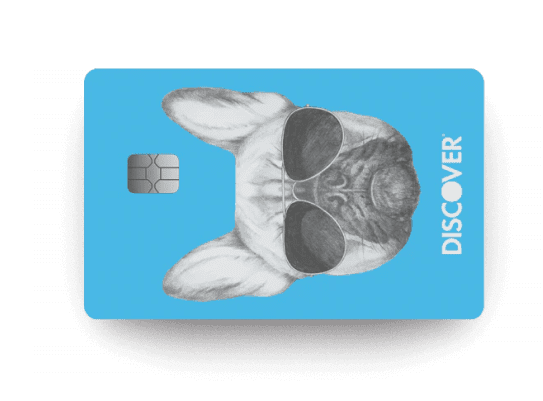Make a note of the accounts you have and relevant telephone contact information. Note that the international number may be different than the U.S.-based number. Make sure that you have online access to all of your accounts and make note of all of your payment due dates.
It may help to set email or text reminders of your payment due dates. If you get text reminders, find out if your mobile phone provider will charge you for receiving texts in the country you’ll be in.
Alternatively, you can configure your accounts to automatically make payments. This is also a good practice for making payments on time which helps you build your credit history.
By learning the best ways to exchange currency and make purchases in another country, you can help get the most from your study abroad trip—and focus on all the adventures you’re having—without stressing about your money.







